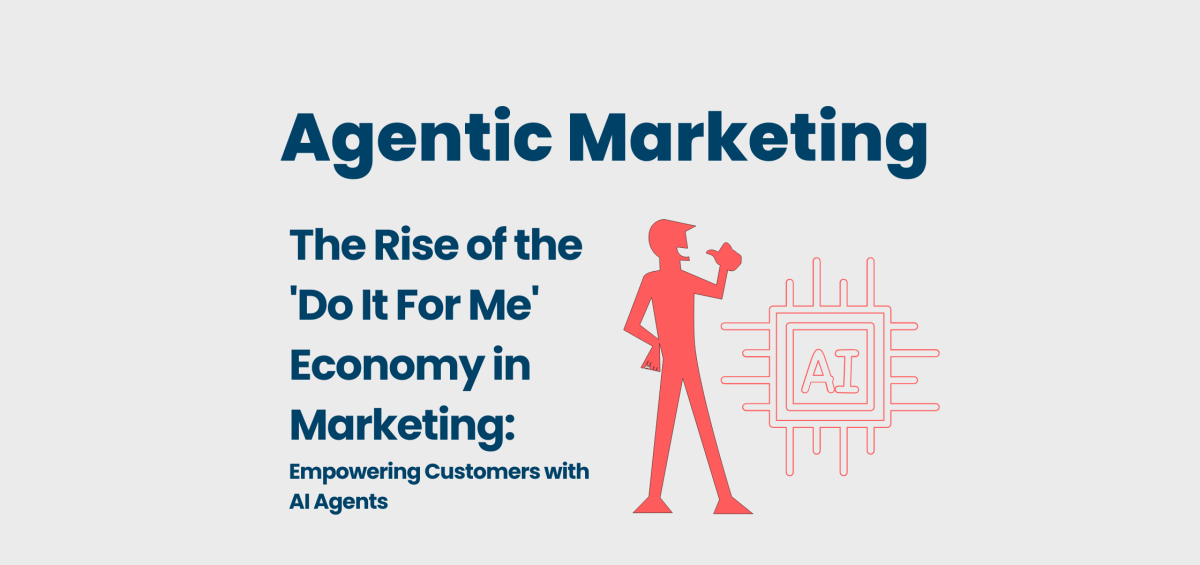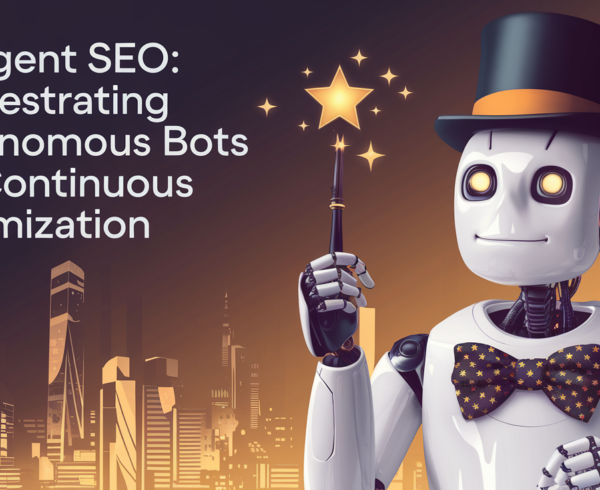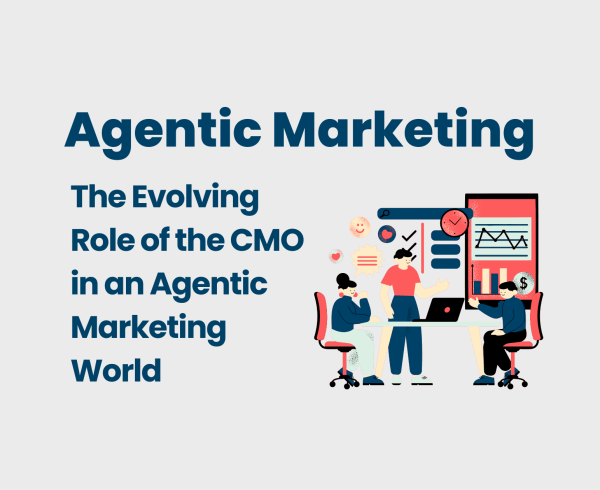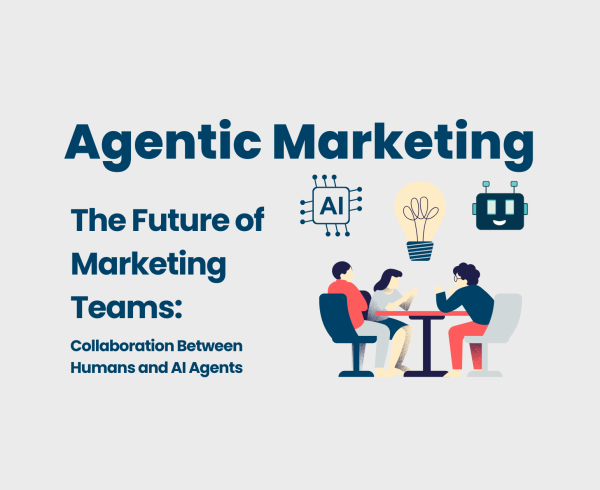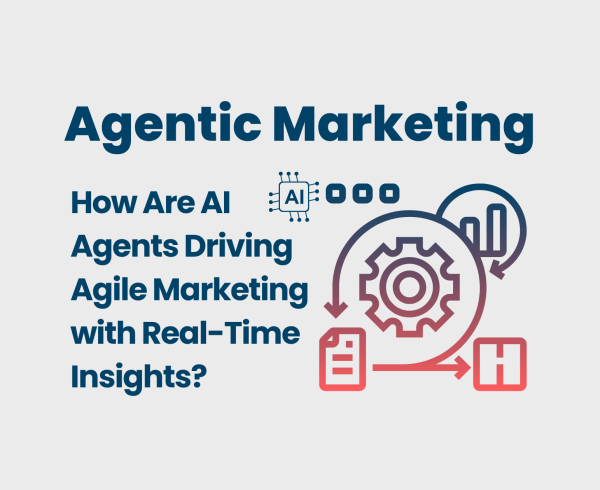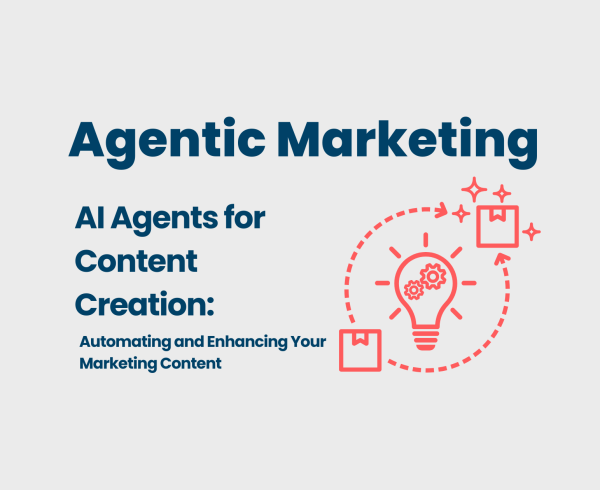The Rise of the ‘Do It For Me’ Economy in Marketing: Empowering Customers with AI Agents
The modern consumer is time-strapped and inundated with choices. This has fueled the rise of the “Do It For Me” (DIFM) economy, where individuals increasingly seek solutions and services that simplify their lives and handle tasks on their behalf. In the realm of marketing, AI agents are emerging as powerful enablers of this trend, empowering customers with autonomous assistants that cater to their specific needs and preferences. Here are ten refreshing ways AI agents are facilitating the DIFM economy in marketing:
1. Autonomous Product Research: Simplifying Decision-Making
Gone are the days of endless online searches and comparison shopping. AI agents can act as personal research assistants, autonomously gathering information and comparing products based on a customer’s specific requirements and preferences.
A customer might simply tell their AI agent what they’re looking for – “a comfortable and stylish laptop for under $1000 with good battery life” – and the agent will scour the web, analyze reviews, compare specifications, and present the user with a curated list of the best options. This autonomous product research saves customers significant time and effort, simplifying the often overwhelming process of making purchasing decisions.
2. Personalized Shopping Experiences: Curated Recommendations and Purchases
AI agents can learn a customer’s tastes, preferences, and past purchase history to provide highly personalized shopping experiences. They can autonomously browse online stores, identify relevant products, and even complete purchases on the customer’s behalf, based on pre-set parameters and permissions.
Imagine an AI agent that automatically reorders your favorite coffee when it detects you’re running low, or one that suggests new clothing items based on your personal style and upcoming events in your calendar. This level of autonomous and personalized shopping caters directly to the DIFM mentality, offering convenience and saving customers the hassle of routine purchases and product discovery.
3. Automated Appointment Scheduling: Seamless Service Booking
Scheduling appointments for various services, from haircuts to doctor visits, can be a tedious task involving multiple phone calls or website visits. AI agents can automate this process, autonomously finding available slots and booking appointments based on a customer’s preferences and schedule.
A customer could simply instruct their AI agent to “book a hair appointment for next Tuesday afternoon” and the agent will handle the rest, checking availability at preferred salons and confirming the booking. This seamless service booking eliminates the friction associated with traditional appointment scheduling, aligning perfectly with the DIFM ethos.
4. Intelligent Travel Planning: Hassle-Free Trip Organization
Planning a trip can be exciting but also time-consuming, involving research on destinations, flights, accommodations, and activities. AI agents can act as personal travel concierges, autonomously planning entire trips based on a customer’s preferences, budget, and travel dates.
A user could tell their AI agent, “Plan a weekend getaway to a sunny beach destination in May for around $1500,” and the agent will handle everything from booking flights and hotels to suggesting activities and making restaurant reservations. This intelligent and autonomous travel planning provides a truly hassle-free experience for travelers, embodying the essence of the DIFM economy.
5. Autonomous Financial Management: Simplifying Finances
Managing personal finances can be complex and time-consuming. AI agents are emerging as powerful tools for autonomous financial management, helping customers track their spending, pay bills, and even make investment decisions based on their financial goals and risk tolerance.
An AI agent could automatically pay bills on time, transfer funds between accounts, and even suggest investment strategies based on the user’s financial situation and long-term goals. This autonomous financial management simplifies a critical aspect of life for many individuals, aligning perfectly with the DIFM trend in a significant way (as highlighted in the “Agentic AI – Finance Do It For Me” document).
6. Personalized News and Information Filtering: Delivering Relevant Content
In an era of information overload, sifting through countless articles and news sources to find relevant information can be overwhelming. AI agents can act as personal information filters, autonomously curating and delivering news and content based on a customer’s specific interests and preferences.
A user could train their AI agent to deliver news articles on specific topics, filter out irrelevant information, and even summarize key findings. This personalized information filtering saves customers time and ensures they stay informed about the topics that matter most to them, catering directly to the DIFM demand for efficient information consumption.
7. Automated Task Management: Handling Everyday Chores
Even everyday chores and tasks can consume valuable time and mental energy. AI agents integrated with smart home devices and other services can automate various household tasks, further contributing to the DIFM economy.
Imagine an AI agent that automatically orders groceries when supplies are running low, schedules cleaning services, or manages smart home devices based on the user’s preferences and routines. This level of automated task management simplifies daily life and provides customers with more free time and reduced mental burden.
8. Proactive Customer Service: Resolving Issues Without Effort
Dealing with customer service issues can often be a frustrating and time-consuming experience. AI agents are enabling proactive customer service, anticipating potential problems and resolving them autonomously before the customer even realizes there’s an issue.
For example, an AI agent might detect a delay in a shipment and automatically notify the customer and initiate a resolution process without requiring any action from the customer. This proactive and autonomous customer service provides a seamless and effortless experience, perfectly aligning with the DIFM expectation of minimal effort for issue resolution.
9. Personalized Learning and Skill Development: Autonomous Education
Learning new skills or staying updated in a particular field often requires significant time and effort for research and curriculum development. AI agents can personalize learning experiences, autonomously curating relevant resources and creating customized learning paths based on a user’s goals and learning style.
An AI agent could create a personalized learning plan for someone wanting to learn a new language, recommending relevant courses, articles, and practice exercises, and even tracking their progress autonomously. This autonomous education caters to the DIFM need for efficient and personalized skill development.
10. Autonomous Social Media Management (for Individuals): Simplifying Online Presence
Managing a personal social media presence can be time-consuming for many individuals. AI agents can offer autonomous social media management, helping users curate content, schedule posts, and even engage with their network based on their preferences and goals.
An AI agent could learn a user’s interests and automatically suggest relevant articles or posts to share, schedule posts for optimal engagement times, and even help manage interactions with their followers. This autonomous social media management simplifies online presence maintenance, aligning with the DIFM trend for individuals as well.
In conclusion, AI agents are playing a pivotal role in the rise of the ‘Do It For Me’ economy in marketing by empowering customers with autonomous assistants that simplify various aspects of their lives. From autonomous product research and personalized shopping to automated task management and proactive customer service, AI agents are catering to the growing demand for convenience, efficiency, and personalized experiences. As AI technology continues to advance, we can expect even more innovative applications that further blur the lines between human effort and intelligent automation, ultimately reshaping the way consumers interact with brands and services in the years to come. The ‘Do It For Me’ economy, fueled by the power of AI agents, is not just a trend; it’s a fundamental shift in consumer behavior that marketers must understand and embrace to thrive in the future.

